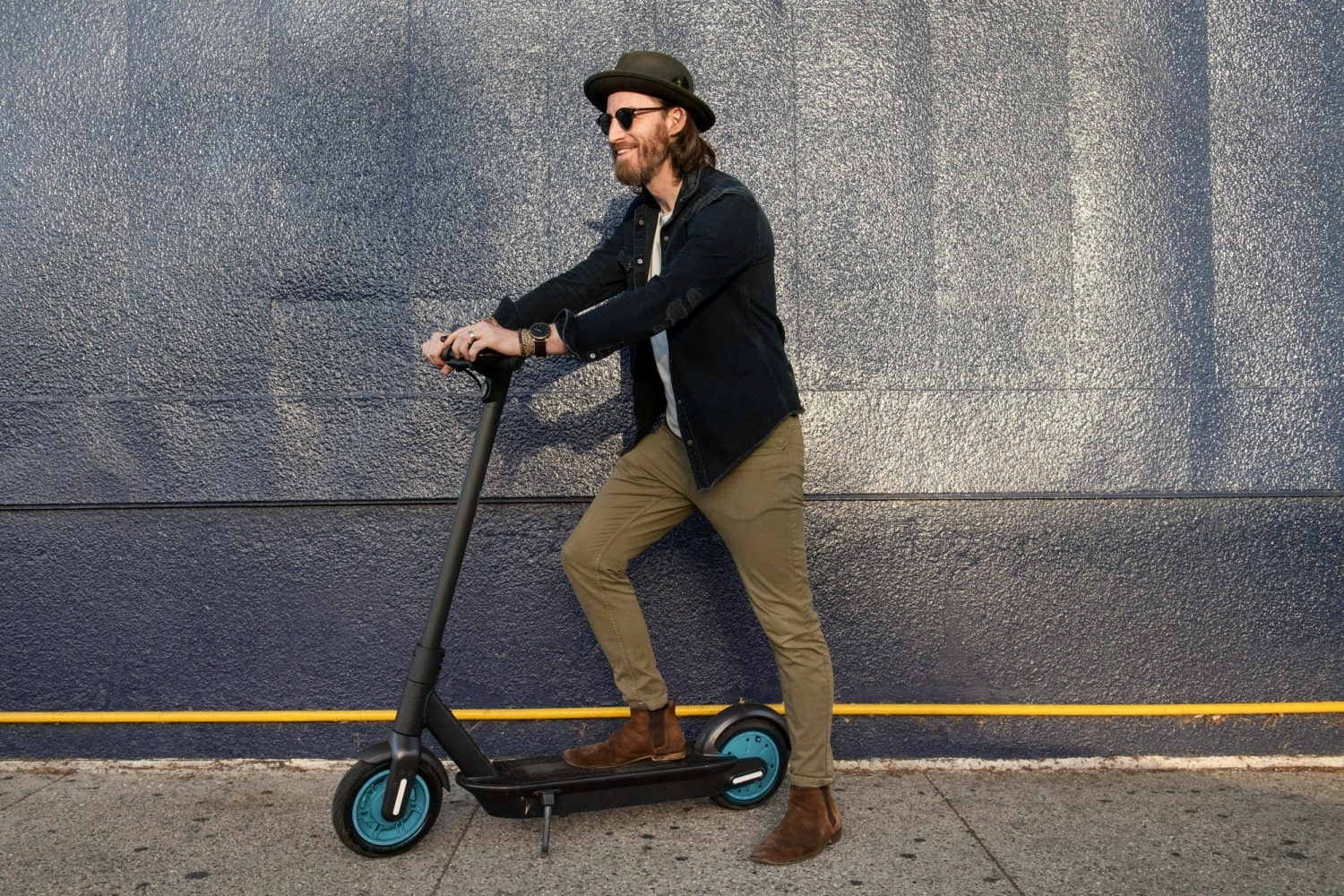
European city study finds that more flexible regulations increase e-scooter popularity
49 days ago
3 minutes
Deloitte has conducted a survey of 155 cities across the continent and found that the cities with the most flexible regulations for electric scooters resulted in more affordable pricing and a higher uptake level among customers.
Source: Zag Daily, B. Hubbard
Deloitte’s findings report that in cities with higher regulations that involve public tenders, users are found to pay roughly 19% more per ride.
Since e-scooters were first launched in the mid-2010s, there has been a wide range of regulatory models that have been applied in various European cities however since then there has been a lack of research that examines the results and impacts of each model.
Deloitte divided the regulatory models of various cities into three categories:
Light regulation refers to open markets, meaning that e-scooter services don’t have to comply with regulatory restrictions, resulting in no restrictions for vehicle fleet sizes and an unlimited amount of e-scooter operators being allowed to enter the city market and offer their services freely.
Medium Regulation means that e-scooter operators must obtain a permit from authorities to operate in the city. In this type of model, operators may have to comply with specific operational requirements such as redistributing vehicles that have been poorly parked within a set time and they may have to pay fees to the city.
High Regulation refers to the involvement of tenders, which is when cities invite e-scooter operators to enter competitive proposals, which detail their planned offering on fleet size, pricing and fee structures, service quality, sustainability measures, and operational plans.
Stijn Vandeweyer, ITRG sector leader at Deloitte Belgium, said: “There has recently been a trend among European cities toward stricter e-scooter regulations due to a perception among policymakers that the more stringent regulatory models enable better monitoring and management of shared e-scooter services in their cities, thereby improving the quality of the services for their citizens. However, the research for this report has shown that Light Regulation models (especially MoUs) and Medium Regulation models can both provide cities with the degree of control needed to ensure quality and responsiveness to the needs of their citizens.”
Findings
Deloitte have found that more European cities have changed their regulatory approach in adopting stricter e-scooter regulations rather than making them more flexible.
Cities with lighter or medium regulations including Vilnius, Dusseldorf and Lisbon had a higher take-up of e-scooters, due to there being more competition between e-scooter operators, resulting in more affordable prices and therefore a higher usage rates from customers.
Deloitte has also suggested five recommendations for optimising micromobility in cities, including the suggestion that at least four e-scooter companies should operate in each European city to enable competition for lower consumer pricing, so that more citizens are able to take up this sustainable form of mobility.

LEVA EU
Campaign success
Lorem ipsum dolor sit amet, consectetur adipisicing elit, sed do eiusmod tempor incididunt ut labore et dolore magna aliqua.
Member profile
Lorem ipsum dolor sit amet, consectetur adipisicing elit, sed do eiusmod tempor incididunt ut labore et dolore magna aliqua.